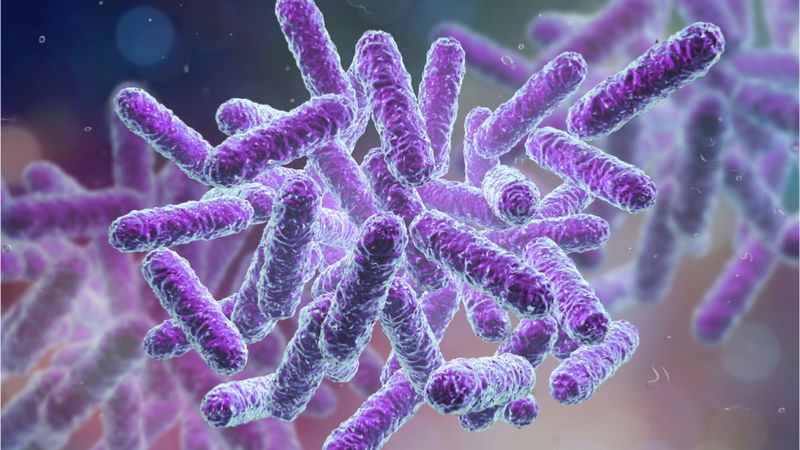A new publication from researchers at the University of Colorado Boulder shows how gut bacteria increase the risk of cardiovascular disease by contributing to the stiffening of the blood vessels during aging. This study is the first to demonstrate that changes to the gut microbiome promote vascular aging and harm health [1].
The researchers treated groups of young and old mice with a range of antibiotics that are known to kill gut bacteria. Following this, they examined the vascular systems of the mice, particularly the lining of the blood vessels (endothelium) and the stiffness in their large arteries. Additionally, the researchers measured a number of biomarkers, including free radicals, antioxidants, pro-inflammatory cytokines, and nitric oxide in the blood.
After 3–4 weeks of treatment, the researchers once again measured the biomarkers and looked at the vascular system. There was no change in the young group of mice; however, the old mice saw significant improvement in both vascular health and biomarkers. The researchers note that the treatment had suppressed the microbiome of the aged mice and, in doing so, improved their health. Therefore, they concluded that something in the microbiome of old mice was contributing to vascular aging.
